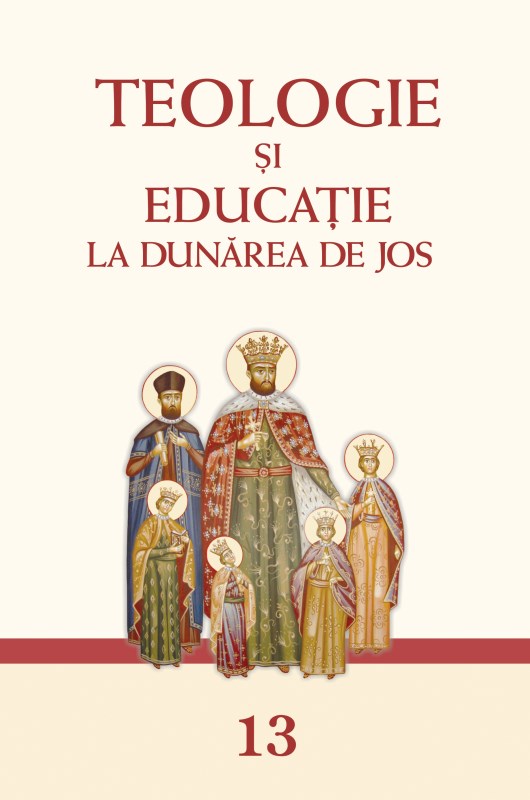Perspective teologice și catehetice referitoare la deasa sau rara Împărtășanie
Theological and catechetical perspectives on frequent or rare Eucharist
Author(s): Vasile CrețuSubject(s): Christian Theology and Religion, Theology and Religion
Published by: EDITURA ARHIEPISCOPIEI DUNĂRII DE JOS
Keywords: Eucharist; rare or frequent Holy Communion; worthiness; unworthiness;
Summary/Abstract: The Eucharist involves the authentic and special presence of God within the person who wants to receive Him. We do not simply share something, but Someone. The Holy Communion unites believers with Jesus Christ and, at the same time, unites them together by the same Christian faith and love. During the first Christian centuries, any baptized person who attended the Holy Liturgy also received the Holy Communion. Since the fourth century, due to the reduced intensity of religious life, the frequent Communion had lost its regularity while the number of Christians was increasing. Thus, the Eucharist turns from a community act into a private and individual one; everyone receives the Holy Communion when he wants or thinks he is ready for it. If St. Basil the Great remarked that people shared the Holy Communion four times a week, St. Theodore the Studite recommended that the Holy Communion should be received by the laymen at least once a week; furthermore, in the XV th century, St. Symeon of Thessaloniki warned the Christians not to go over 40 days without receiving the Holy Communion. For many contemporary Christians the following cliché is applied: the frequent Communion = slighting and the rare Communion = awareness and piety. From our point of view, these can be reverted, and the frequent Communion could be seen as a sign of awareness and piety.
Journal: TEOLOGIE ȘI EDUCAȚIE LA DUNĂREA DE JOS
- Issue Year: XIII/2014
- Issue No: 13
- Page Range: 276-301
- Page Count: 26
- Language: Romanian

